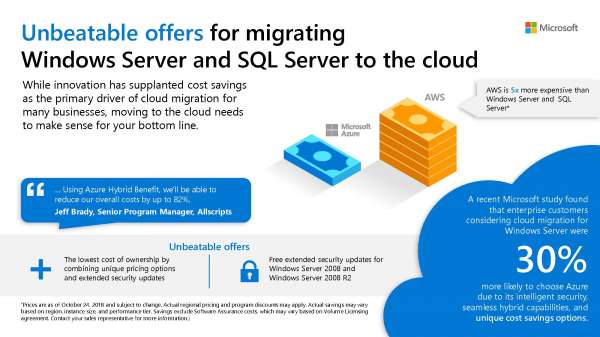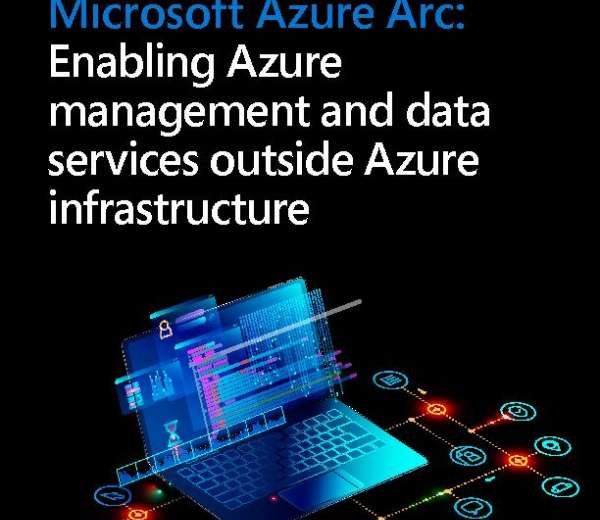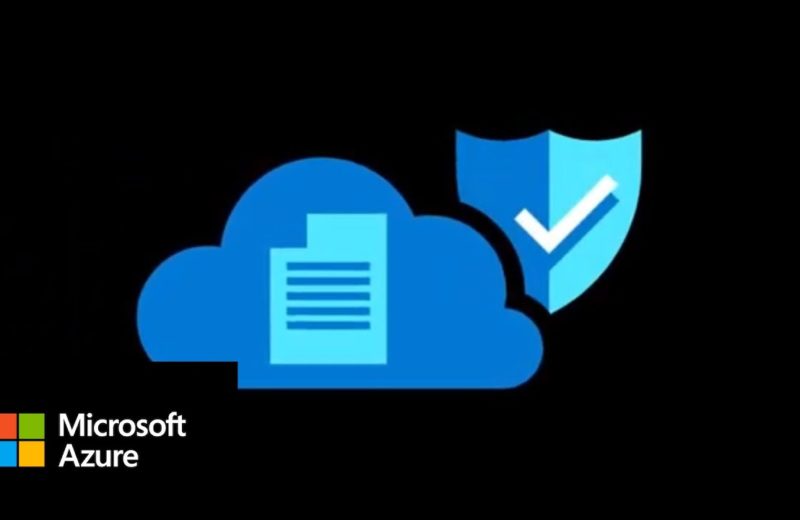An intelligent inbox
Get access to a more personalised inbox with useful options and a smarter, more organized way to view and interact with email. Search enhancements offer you faster and more complete results. With Add-ins, get powerful customization and extensibility, which connect you to modern services and internal line-of-business applications.
Adapts to your work style
Exchange helps you collaborate on your critical documents and provides you a focused inbox that prioritizes important messages and adapts to your work style, so you can get more done–faster.
Anti-Spam and Anti-Malware Protection
Microsoft Exchange on-line provides built-in malware and spam filtering capabilities that help protect inbound and outgoing messages from malicious software and help protect your network from spam transferred through email.
Archiving Exchange Online-based mailboxes
Exchange online mailboxes reside in the cloud and archiving them requires unique hosting environments. In some cases, Exchange Online can also be used to archive on-premises mailboxes in the cloud
BitLocker
Office 365 servers use BitLocker to encrypt the disk drives containing client data at rest at the volume-level. BitLocker encryption is a data protection feature that’s built into Windows.
Distributed Key Manager
In addition to BitLocker, we use a technology called Distributed Key Manager (DKM). DKM is a client-side functionality that uses a group of secret keys to encrypt and decrypt information. Only members of a specific security group in Active Directory Domain Services can access those keys to decrypt the data that is encrypted by DKM
Customer Key
With Customer Key, you control your organization’s encryption keys and then configure Office 365 to use them to encrypt your data at rest in Microsoft’s data centers.
Office 365 Message Encryption
Office 365 Message encryption allows email users to send encrypted email messages to anyone. We announced new capabilities in office Message encryption that leverage the protection features in Azure data encryption.
Data loss prevention
The data loss prevention (DLP) feature can help you identify, monitor, and protect sensitive data in your organization through deep content analysis. DLP is a premium feature that’s increasingly necessary for enterprise message systems because business-critical email includes sensitive data that needs to be protected.
Administrative roles These roles contain permissions that can be assigned to administrators or specialist users by using role teams that manage a part of the Exchange online organization, such as recipients, servers, or databases.
End-user roles – These roles, allotted by using role assignment policies, enable users to manage aspects of their own mailboxes and distribution groups that they own. End-user roles begin with the prefix
MailTips – MailTips are automated, informative messages that appear above the To: line while users are composing or addressing a message.
Delegate access
Exchange online supports delegate access—the ability for users to allow others to manage their email and calendars. Delegate access is usually used between a manager and an assistant, where the assistant processes the manager’s incoming email messages and coordinates the manager’s schedule.
















